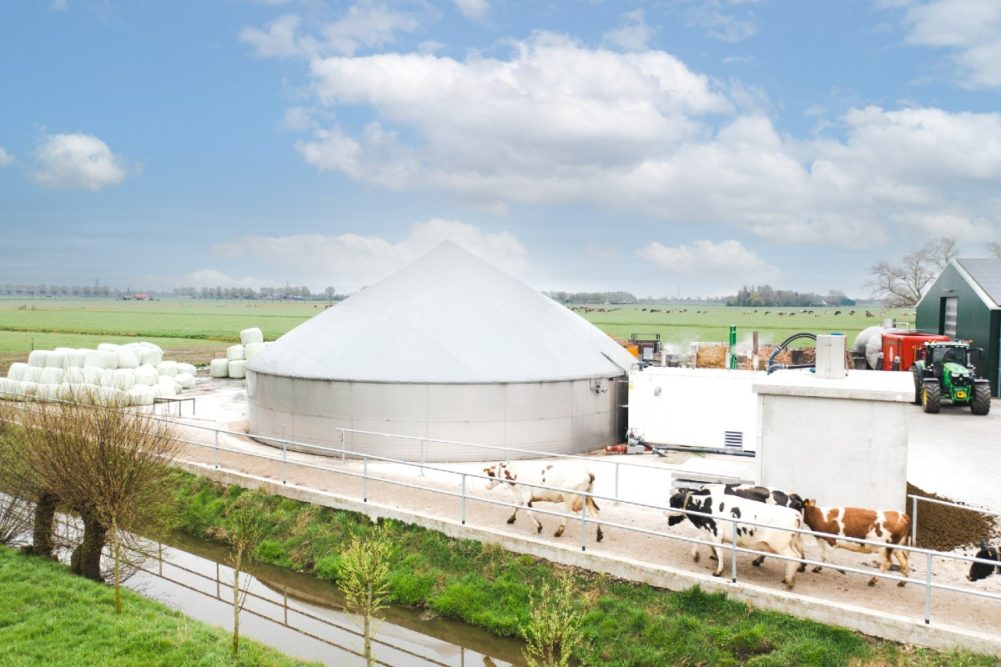BURLINGTON, VT. – A pilot project from Ben & Jerry’s seeks to reduce greenhouse gas emissions by half the industry average on 15 dairy farms by the end of 2024.
Once the company sees proven results from its efforts, the initiatives will be implemented throughout Ben & Jerry’s global dairy supply chain.
The company decided to test new measures at dairy farms, calling the endeavor “Project Mootopia,” because dairy ingredients account for more than 50% of its total GHG emissions.
The project will involve regenerative agricultural practices and new technologies, and address enteric emissions, manure and feed crops.
The plan calls for managing cows’ methane-producing burps by providing a high-quality forage diet and innovative rumen modifiers that serve as digestive aids. Manure will be addressed with methane reduction technology, such as digesters and separators, which cut back on how much commercial fertilizer is needed. The project also will make use of regenerative practices for growing grass and other feed crops to benefit soil health, increase carbon sequestration, improve how grassland is used, lower synthetic inputs, promote biodiversity and raise the percentage of homegrown feed.
"This approach to dairy farming could be a game changer," said Jenna Evans, global sustainability manager for Ben & Jerry's. "It has the potential to make a meaningful reduction in emissions on dairy farms and help fight the worst effects of climate change. All of us, especially businesses, must take action before it's too late and the climate crisis makes our world uninhabitable."
Additionally, the project promotes renewable energy on dairy farms and continues the company’s commitment to high animal welfare standards. The 15 participating farms will be from the Dairy Farmers of America cooperative in the US and CONO Kaasmakers in the Netherlands.
"Too often, corporations buy up carbon offsets from somewhere else to claim they are 'carbon neutral'," said Taylor Ricketts of the Gund Institute for Environment at the University of Vermont. "Ben & Jerry's is taking a more meaningful and direct approach: attacking the systemic causes of climate change in its own supply chain to achieve measurable, science-based targets.”
Theun Vellinga, from Wageningen University and Research in the Netherlands, said “intensive cooperation” between research, advisors and farmers is key to developing such programs.
“We cannot stick to one mitigation option only; there is no silver bullet,” Vellinga said. “But a package of options will help us reach the target reduction.”

